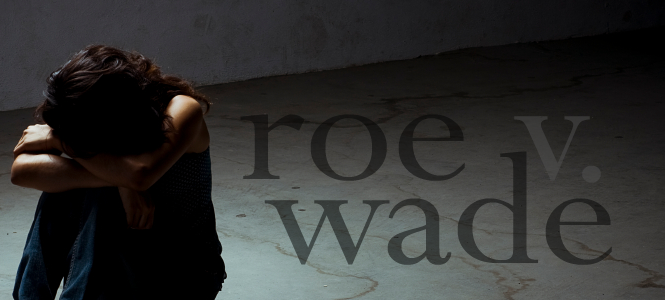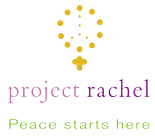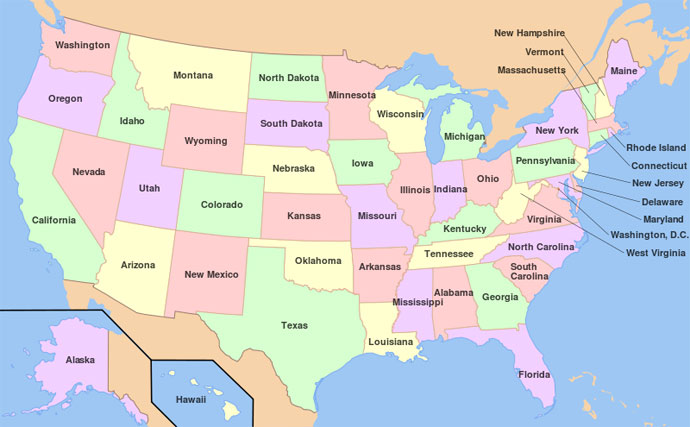
It’s normal to grieve a pregnancy loss, including the loss of a child by abortion. It can form a hole in one’s heart, a hole so deep that sometimes it seems nothing can fill the emptiness.
Since 1973, there have been more than 65 million abortions in the United States. While some women report relatively little trauma following abortion, for many, the experience is devastating, causing severe and long-lasting emotional, psychological and spiritual trauma.
Evidence of post-abortion trauma is increasingly attested to by psychologists, counselors and those involved in post-abortion ministry. We now know, for example, that women hurt by abortion may have some or many of the following symptoms:
- Low self-esteem
- Grief (mild to profound)
- Depression (sometimes to the point of suicidal thoughts and attempts)
- A sense of alienation from family and friends
- A feeling of being ‘numb,’ not able to feel joy from activities that used to be pleasurable
- Isolating self from others to avoid discussing the abortion experience with them
- Guilt and shame
- Difficulty concentrating
- Anger toward self, or the child’s father, or others involved in the abortion decision
- Sleep disorders
- Abortion-related nightmares, flashbacks or even sounds of a baby crying
- Alcohol and drug problems, to dull the sorrow
- Desire for a ‘replacement’ baby
- Anniversary reactions of grief or depression on the date of the abortion or the baby’s expected due date
- Problems bonding with her other children (being over-protective but emotionally distant)
- Fear that God will punish her, or is punishing her
Some, especially young girls, experience symptoms soon after the abortion. Counselors tell us, however, that it is more common for the symptoms to occur over the course of five to twelve years after the abortion before a woman seeks help.
Abortion’s aftermath is largely ignored by the general public. Groups organized to protect the availability of abortion claim that abortion is no different from any surgical procedure and that pro-life groups are fabricating the existence of post-abortion suffering. Consequently, many women think that their grief reactions are somehow abnormal and believe that there is nowhere to turn for help.
Many women who have walked a path of grief and hopelessness after abortion, usually alone, eventually begin to understand that they have a deep spiritual wound. But sadly, they also are likely to believe that they have committed ‘the unforgivable sin’ and fear God’s anger.
Women who have had an abortion often have many questions, the answers to which are indispensable to beginning the healing journey. Can God ever forgive me? Can my child? Can I ever forgive myself? Will the Church let me stay when I confess this sin? Will this horrible pain ever go away? Is healing possible?
The answer to all these questions is, of course, YES!

